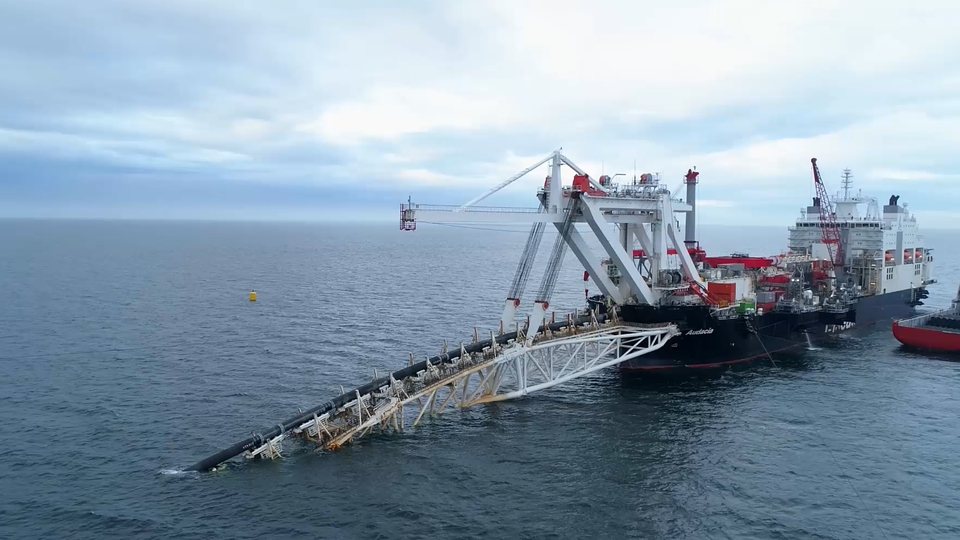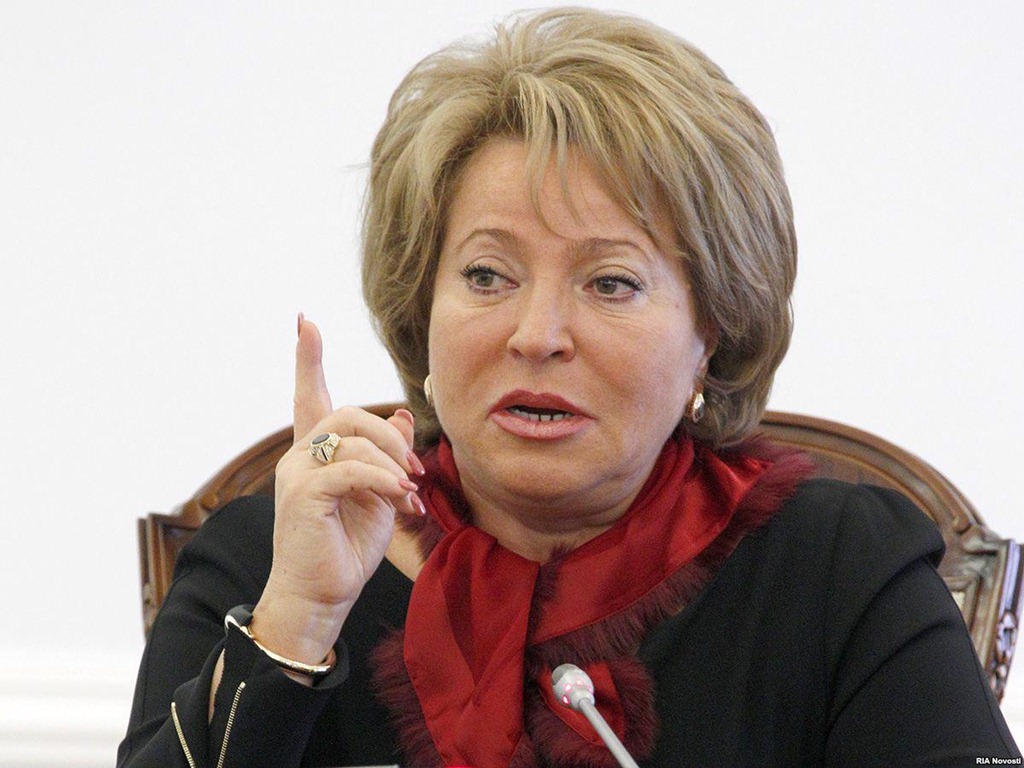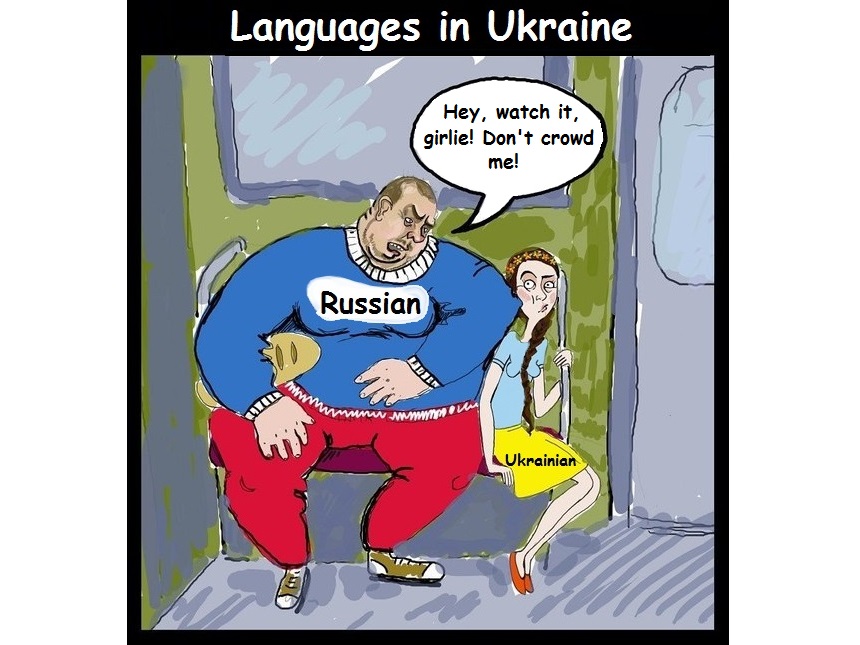At the same time, European gas storage levels are at only 53 percent of their capacity, or nearly 27 percent lower than the average for the last five years. If Russian gas supplies do not increase soon, European gas storage will be filled at no more than 71 percent of its capacity by October, causing legitimate fears of another gas crisis (Celsiusenergy.net, July 19).
But Russia’s Gazprom refuses to increase deliveries via Ukraine’s gas transmission system during the period of maintenance works scheduled this month for Nord Stream 1 and Yamal Europe—the two other major Russian gas export lines to Europe (Interfax, June 29). Instead, it fulfills its long-term supply contracts by selling natural gas that has already been stockpiled in the large storage facilities in Germany and Austria—thus, depleting their volumes and raising fears among European customers of gas cutoffs in the winter. On July 19, storage in Austria was only 33 percent full, in Germany—47 percent (Celsiusenergy.net, July 19).
Gazprom has calculated that the increased natural gas demand in Asia this summer is pushing prices up and attracting most of the world’s LNG exports. This leaves European customers with limited supplies from the spot markets (Interfax, June 30). Thus, if Gazprom shrinks deliveries by another 20 billion cubic meters (bcm) on top of the already lost 26.6 bcm in the last two years, this could not only mean a substantial profit for Moscow but also squeeze Europe to submit on Nord Stream 2.
Observers concluded that Russia is weaponizing gas supplies and using its dominant position on the European Union gas market to send a political message that Europe would face gas shortages if the Nord Stream 2 pipeline is not completed (Kyiv Post, July 13). But instead of being punished for such behavior, Moscow is being awarded with the lifting of all political obstacles to Nord Stream 2’s completion. Although the newly announced US-German agreement on Nord Stream 2 contains provisions that threaten sanctions and other retaliation if Russia tries to use energy as a weapon or commit further aggressive acts against Ukraine, the timing of the deal makes it dubious that Moscow will indeed be punished for monopolistic or reckless behavior (Al Jazeera.com, July 20; Moscow Times, July 21).
Unveiling some of the details of the agreement, Victoria Nuland, the undersecretary of state for political affairs, said Germany had agreed to work alongside the United States to press Russia to extend by ten years a transit agreement through Ukraine that is due to expire at the end of 2024 (Moscow Times, July 21). Success in such an endeavor is highly unrealistic, however. As soon as the diversionary Nord Stream 2 pipeline is operational, Russia will not need Ukraine as a gas transit route, and the West has no practical means to force Gazprom into another ten-year agreement with Kyiv.
Nuland reiterated that Germany has pledged to take measures at the national level, as well as to seek action at the EU level, including sanctions, if Russia uses energy as a weapon or takes aggressive steps against Ukraine (Interfax, July 21). Few in Ukraine or Central and Eastern Europe are convinced that Berlin would take such drastic measures against Moscow, particularly ones that would affect German commercial interests. Judging by Germany’s consistent efforts to appeal every European court decision regarding the onshore pipelines connecting the Nord Stream corridor, it seems unlikely that Berlin will volunteer to impose sanctions on Russia for subversive actions in Ukraine. Germany recently lost its appeal on the OPAL onshore pipeline linking Nord Stream 1 to its gas network—the court confirmed that the pipeline is subject to the European Gas Directive and Gazprom cannot use it at full capacity (see EDM, September 30, 2019; Interfax, July 15, 2021).
Read More:
- How Ukraine can still defeat Nord Stream 2
- Two keys to defeating Nord Stream 2 lie in Poland
- Seven reasons why the USA and EU lost to the Nord Stream 2 lobbyists
- “A second Budapest memorandum”: experts on the US-Germany Nord Stream 2 deal
- What the US-German deal on Nord Stream 2 promises Ukraine
- German Ambassador Anka Feldhusen: Crimean Platform good for getting more countries to support Ukraine & sanctions
- Biden-Putin summit sparks political confrontations inside Ukraine
- Strategic corruption: the new hybrid weapon against the West
- After Nord Stream-2: how Ukraine can protect its gas transit
- Mitigating the Nord Stream 2 impact on Ukraine
- Biden may lose ability to play around with Nord Stream sanctions: interview with Lana Zerkal
- Time to stop Nord Stream 2 now: open letter by Ukrainian politicians, leaders








